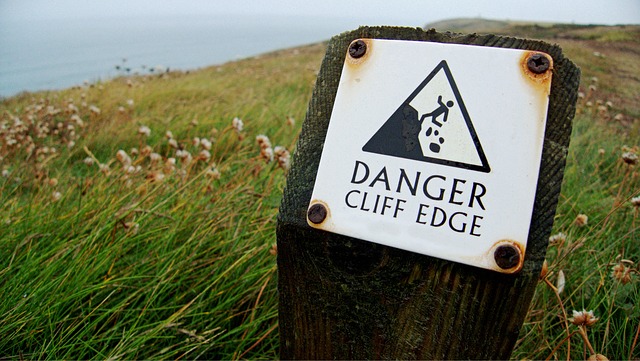Last updated on January 8, 2023
The weak economy means businesses are cutting costs just to survive the downturn. That means that extra money that may have been spent on data security or the protection of personal information may be overlooked when compared to other expenses that a business needs to incur.
One of the ongoing struggles that privacy professionals around the world endure, particularly privacy officers, is convincing senior management in organizations that the management and security of personal information is extremely important. I have personally worked for two organizations where I encountered the same hurdle.
The longer a company retains data, the more of a liability it becomes.
And now, as if senior management wasn’t hard enough to convince before, it has become more difficult since businesses lack finances to adequately manage and safeguard your data, especially if businesses are not yet complaint with privacy legislation.
When Companies Fold, What Happens to your Data?
“Certain companies have been disposing of records containing sensitive consumer information in very questionable ways, including by leaving in bags at the curb, tossing it in public dumpsters, leaving it in vacant properties and/or leaving it behind in the offices and other facilities once they’ve gone out of business and left those offices,” says Jacqueline Klosek, a senior counsel in Goodwin Procter’s Business Law Department and a member of its Intellectual Property Group.
That’s a scary thought.
If a company goes bankrupt, its storage devices are also usually sold to competitors “specifically with the intention of trying to salvage the data.”
In addition, when businesses are in the process of going bust, protecting their data may be one of their last concerns.
“When a company fails there is less concern about fines for non-compliance when there is no one left to pay the fines,” says John Gunn, general manager at Aladdin Knowledge Systems North America.
After all, if there’s no money, no employees, and no company left, who is left to bear the costs and shame of a privacy breach?
Making ends meet
Another reason your personal information is less safe in a weak economy is that when the economy is weak, people are more likely to engage in criminal activity in order to make ends meet. This means that there is more of a market for stolen personal information, and that criminals are more likely to have the time and resources to commit identity theft.
There are a few things that you can do to protect yourself, however. First, you should keep an eye on your credit report and credit card statements for any unusual activity. If you see anything that you don‘t recognize, report it to your credit card company or the credit bureau immediately. You should also be careful about who you give your personal information to, and only do so when you are sure that the person or company is legitimate. Finally, you should consider investing in a good credit monitoring service, which can help you keep track of your credit report and alert you to any suspicious activity.
While you can‘t completely protect yourself from identity theft in a weak economy, taking these precautions can help you minimize your risk.





Be First to Comment